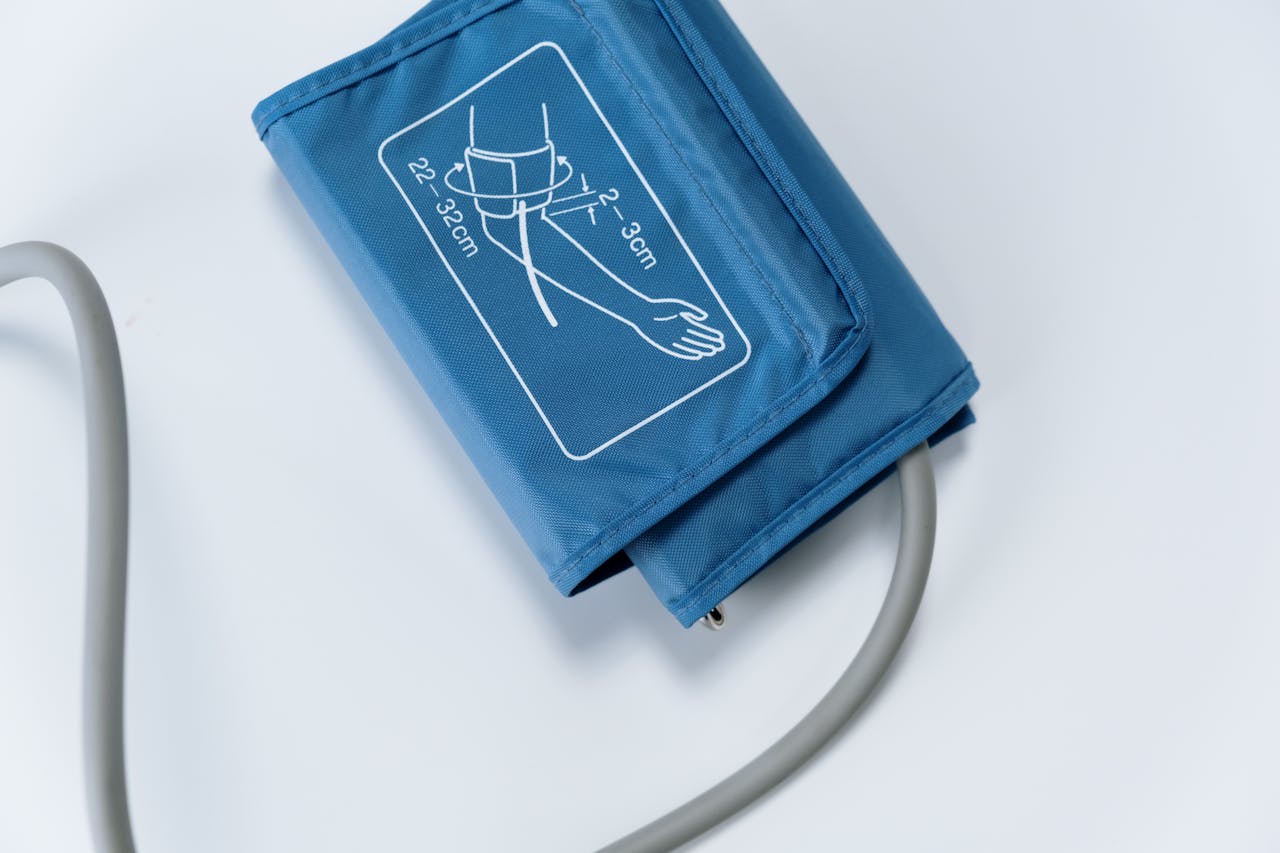Taking Control: Your Guide to Naturally Lowering Blood Pressure with CKD
High blood pressure, or hypertension, is a silent but formidable enemy for anyone with Chronic Kidney Disease (CKD). Not only is it a leading cause of kidney damage, but it's also a major complication of the disease itself, creating a vicious cycle that can accelerate the progression of CKD. While medication is often a cornerstone of treatment, adopting a natural, holistic approach can significantly enhance its effects, giving you more control over your health. This guide will explore effective, non-pharmacological strategies for managing blood pressure with CKD, empowering you to take charge of your well-being.The Foundation: Diet as a Primary Tool
When it comes to controlling blood pressure naturally, what you eat is arguably the most powerful lever you have. A kidney-friendly diet tailored for blood pressure control can make a dramatic difference.- Sodium is the Silent Culprit: Excess sodium is a primary driver of high blood pressure because it causes your body to retain fluid, putting extra strain on your heart and blood vessels. The first and most critical step is to drastically reduce your sodium intake. This means moving away from processed and packaged foods, which are often loaded with hidden salt. Learn to read food labels, and focus on cooking from scratch using fresh ingredients.
- Embrace the DASH Diet Principles: While a standard DASH (Dietary Approaches to Stop Hypertension) diet may be too high in potassium and phosphorus for some CKD patients, its core principles are highly effective. The key is to adapt it with your doctor or a registered dietitian. Focus on fruits (in moderation, depending on your potassium levels), vegetables, lean proteins, and whole grains. This diet is rich in minerals like potassium, magnesium, and calcium, which are crucial for controlling blood pressure naturally with CKD.
- Limit Processed Foods: These foods, from ready-made meals to fast food, are not only high in sodium but also often contain unhealthy fats and sugar, all of which contribute to hypertension and other health issues.
Lifestyle Changes That Make a Big Impact
Beyond your plate, your daily habits play a crucial role in lowering blood pressure.- Get Moving: Regular physical activity is a proven method for lowering blood pressure. It strengthens your heart, improves circulation, and helps you maintain a healthy weight. Aim for at least 30 minutes of moderate-intensity exercise, such as brisk walking, swimming, or cycling, most days of the week. Talk to your doctor about an exercise plan that's right for you. Even short bursts of activity throughout the day can add up.
- Manage Your Stress: Chronic stress floods your body with hormones that can temporarily raise your blood pressure. Finding effective ways to manage stress is vital. Consider practices like meditation, deep breathing exercises, yoga, or spending time in nature. Carving out time for hobbies you enjoy can also be an excellent way to unwind and reduce tension.
- Prioritize Quality Sleep: Poor sleep is directly linked to higher blood pressure. Aim for 7-8 hours of quality sleep per night. Establish a relaxing bedtime routine, make sure your bedroom is dark and cool, and avoid screens before bed.
Other Natural Strategies to Consider
While diet and exercise form the foundation, a few other strategies can complement your efforts in blood pressure management for CKD patients.- Maintain a Healthy Weight: Losing even a small amount of weight can have a significant effect on your blood pressure. Consult with your healthcare team for a safe weight loss plan that considers your kidney function.
- Limit Alcohol and Quit Smoking: Both of these habits are incredibly damaging to your blood vessels and kidneys. If you smoke, quitting is one of the single best things you can do for your health. Limiting alcohol consumption to one drink per day for women and two for men (or as advised by your doctor) can also help.
- Potassium and Magnesium Intake: For many, a diet rich in potassium and magnesium can help lower blood pressure. However, for CKD patients, especially in later stages, potassium levels must be carefully monitored. Always follow your doctor's or dietitian’s advice regarding these minerals.
Are you tired of living under the shadow of kidney disease? Are you yearning for a life free from the shackles of dialysis, kidney failure, and the looming threat of kidney transplants? If so, you're in the right place at the right time. Imagine waking up every morning with boundless energy, feeling rejuvenated and ready to take on the day. Envision a life where your kidneys are functioning optimally, and you no longer dread the burdensome routines of dialysis sessions. The Kidney Disease Solution Program is here to turn that vision into reality for you.


